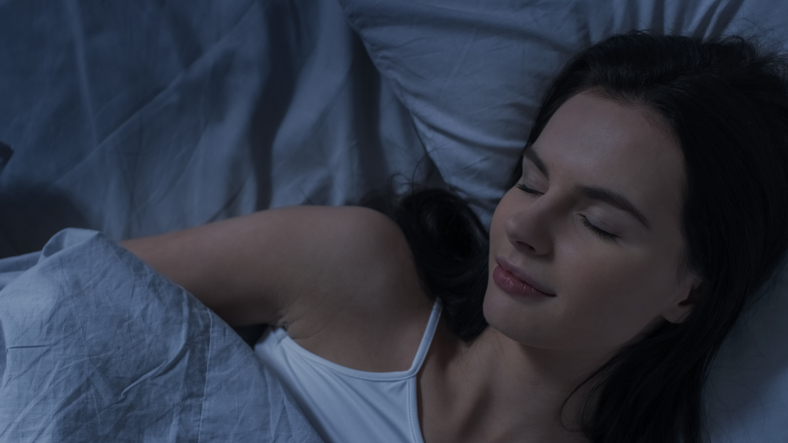
Winter feels . . . sleepy. But some seasonal quirks make it hard to sleep well: Less daylight, more carbs, furnace heat, couch time. And sleep deprivation is sneaky: It can lead to memory impairment, poor job performance, even car accidents.
For healthy, restful sleep in winter:
Get more light. Light tells your brain it’s time to wake up. And morning light helps keep your biological clock on track. With less light during short winter days, get some light every day – especially between 6:00 and 8:30 am, when your body clock is most responsive. Best: Direct sunlight for 30+ minutes. A good substitute: Light box therapy for 20-30 minutes.
Keep the thermostat low. Your body temperature rises in the daytime and falls at night. A drop in body temperature tells your body it's time to sleep. You’ll sleep better in a cool room. (Sorry, cozy blankets.) Plus, warmer air is dry, which saps your mucus membranes: uncomfortable for sleeping, plus more risk for colds and the flu.
Get some exercise. Vigorous exercise in late afternoon or evening is best: Your body temperature drops lower than normal about 4-5 hours after your workout. (Don’t exercise right before bed; it stimulates your heart, muscles, and brain – just when you want them to relax.) Make it a daily routine: Take the stairs, park further away, go for a brisk walk.
Plan dinnertime. Mmm, hearty comfort food. (Heavy on carbs, hard on metabolism.) Try to eat dinner 4-5 hours before you plan to go to bed. Eat lighter: More protein, fewer carbs.
Get Zen. Pre-sleep rituals give your brain time to calm down. Turn off electronics 1-2 hours before bedtime. Take a warm bath, do some gentle yoga stretching, read (a book, not a screen). Stick to a regular sleep/wake schedule. Altering your sleep too much on weekends can reset your weekly sleep cycle, and cause trouble sleeping during the week ahead.
Sleep tight.
Need a sleep study? Talk with your provider. NH+C’s Sleep Center offers in-lab and at-home sleep studies. The Sleep Center is accredited by the American Academy of Sleep Medicine.
